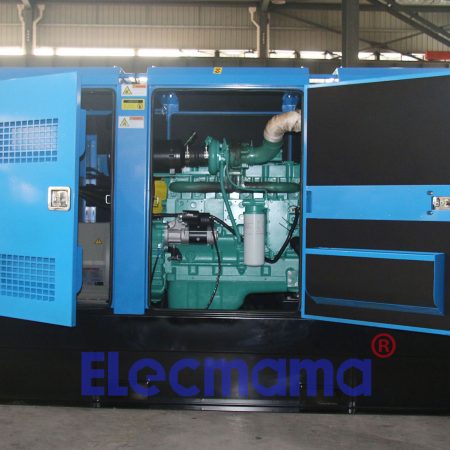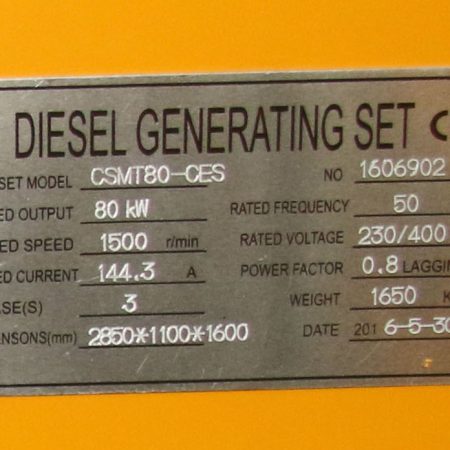The two main types of electric generators are gas and diesel powered. While the outcome is the same (electric power) it turns out that there are ideal situations for each type due to differences in the way a gas generator works versus a diesel generator. This article explains the difference between the two and the ideal situation for each.
How They Work ?
Diesel generators work by mixing diesel fuel and air in a cylinder and then compressing them until they combust, which moves the piston. Gasoline models work by mixing gas and air in the cylinder, compressing it, and then igniting it with a spark from a spark plug.
Benefits of a Gas Generator
Gas generators are simpler and require less precise maintenance. This also makes them both lighter and cheaper than the diesel version. Their more robust nature, coupled with the prevalence of gasoline fuel makes them a popular choice for a portable and or light duty generator. Gasoline is also generally a cheaper fuel than diesel. These units are also slightly quieter than the diesel version.
The downside of gas generators is that the fuel is volatile, which means that it is flammable, and evaporates easily. This creates a hazard as well as a situation where the fuel cannot be stored for long periods of time.
Benefits of a Diesel Generator
Diesel generators are heavier and louder than gas versions. However, they do not use spark plugs to operate, thus they have one less component to fail, and do not cause a spark which could be a hazard in some situations. The fuel is not volatile so it is non flammable, which makes it safer. The fuel can also be stored for a long period of time without going bad. One issue with diesel fuel is that it can thicken in cold temperatures. This means that additives must be used to maintain performance when it is cold out. Diesel generators do burn cleaner than gasoline ones, if that is a concern for the job. These generators are also more fuel efficient than gas models. Diesel generators are generally more expensive, however, they do last longer.
The Bottom Line
For most large businesses, diesel is the better option. These models offer higher wattage, get better efficiency, and last longer. It is better to get more power than you think you will need just in case. The fuel also burns cleaner, so there is less of an air quality issue. Also, the fuel can sit for long periods of time and does not present a fire or explosion hazard.
This is not to say that gasoline generators do not have their place. They work well for small jobs where fuel does not need to be stored for a long time. The quieter operation of the unit is also preferable in some situations as well. Their more portable nature is a benefit as well in some cases. Lighter gas generators can be used in more situations, plus their simple operation makes them simple to service too.



